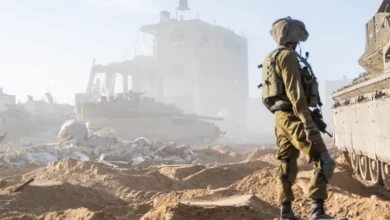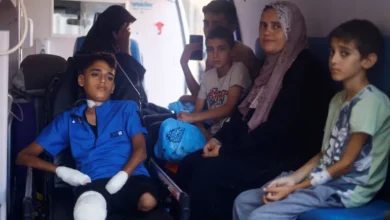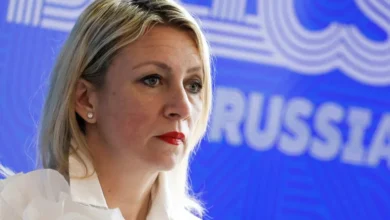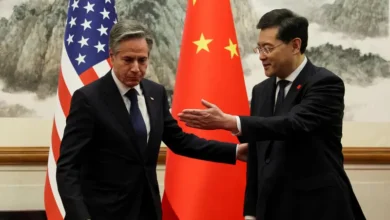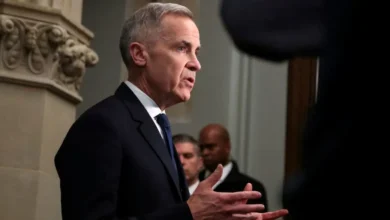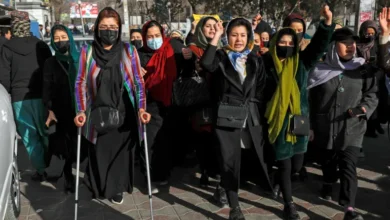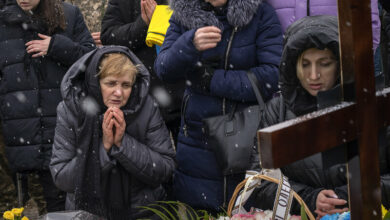Bangladesh’s new outcasts: Students from ex-PM Hasina’s party now in hiding
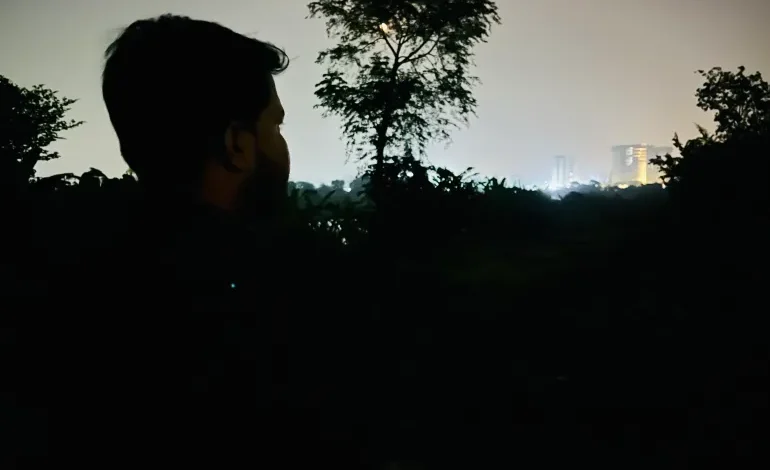
On Wednesday, Bangladesh’s interim government, led by its only Nobel laureate, Muhammad Yunus, declared the BCL a “terrorist organisation” and banned it. The Ministry of Home Affairs said the BCL had a history of serious misconduct over the past 15 years, including violence, harassment and exploitation of public resources.
“Not long ago, I was a voice of authority here,” Fahmi, an undergraduate student of applied chemistry, told Al Jazeera. “Now, I am running around like a fugitive with no probable future.”
Fahmi’s story mirrors that of thousands of students formerly affiliated with the AL, whose once-powerful hold over Bangladesh’s campuses collapsed overnight. The former powerbrokers on campuses and the AL’s muscle on the streets now face eviction, retribution and even imprisonment for their role in trying to suppress the popular revolt against Hasina and for the rights violations they allegedly committed while she was in power.
The deadly protests
Fahmi said the anti-Hasina protesters set fire to his family’s home and cold storage business in Noakhali district, 173km (107 miles) from Dhaka. “They threatened to make my younger brother disappear if he didn’t disclose my whereabouts,” he said. So far, they haven’t acted on the threat, said Fahmi, though his younger brother has been bullied at the madrasa [a Muslim educational institution] where he studies.
Reflecting on his BCL involvement, Fahmi admitted, “I was a good student who cared little for politics, but at Dhaka University, hall politics was unavoidable. You either joined, or you suffered.” He admitted that being a BCL leader would improve his prospects of landing a government job – an appealing incentive in a shrinking job market – especially since his responsibilities towards his mother, two unmarried sisters, and younger brother grew after his father’s death two years ago.
But his loyalty to the Awami League also meant he was not always there for his family when they needed him.
On August 15, 2022 – just a day after his father’s passing – he left his grieving family in Noakhali to attend an event in Dhaka marking the anniversary of the death of Sheikh Mujibur Rahman, Hasina’s father and the leader of Bangladesh’s movement for independence from Pakistan.
“Looking back, I see I prioritised the party’s approval over supporting my family,” Fahmi said with regret.
began in July after college students demanded the abolition of a controversial reservation system in government jobs that they said favoured supporters of the governing party. Though Bangladesh’s top court scrapped the quota, the protests soon morphed into a wider call for the removal of Hasina’s “autocratic” regime, marked by allegations of widespread rights violations.
The government’s response was one of the bloodiest chapters in Bangladesh’s history as security forces beat the protesters, and fired tear gas and live ammunition on peaceful demonstrators, killing more than 1,000 people in three weeks and arresting thousands of others.
On August 5, as defiant Bangladeshis stormed prominent government buildings, including Hasina’s residence and the parliament, the 77-year-old prime minister fled the country in a military helicopter and sought refuge in New Delhi.
